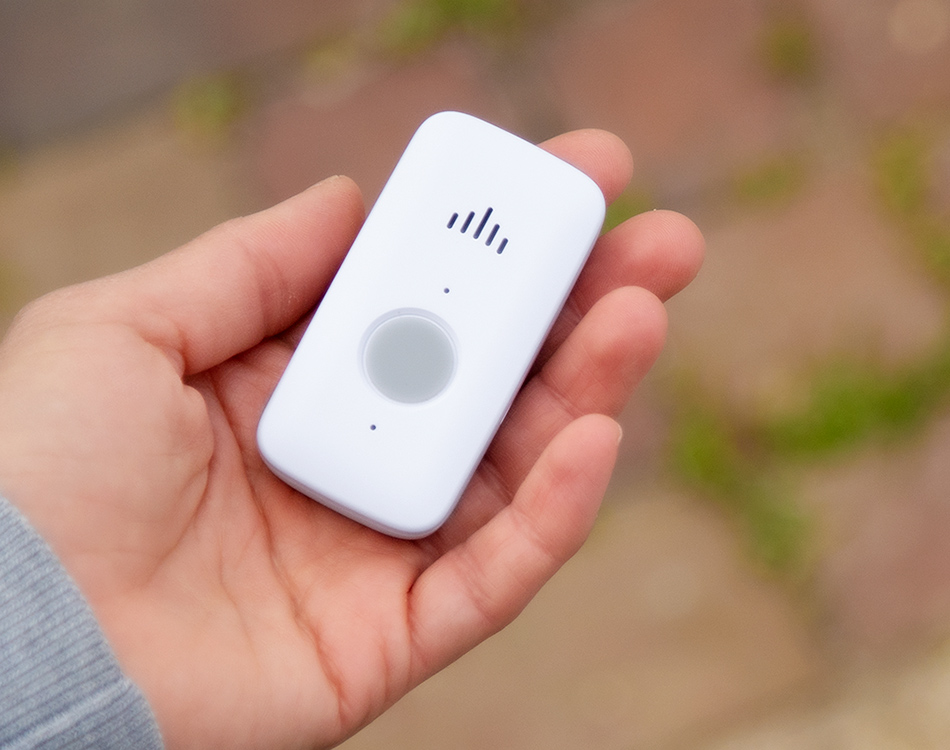Tips for Maintaining a Healthy Brain
 Every part of the body changes as we grow older, including the brain. And as the brain changes, mental function changes along with it. Cognitive impairment because of declining mental function is one of the most greatly feared effects of aging.
Every part of the body changes as we grow older, including the brain. And as the brain changes, mental function changes along with it. Cognitive impairment because of declining mental function is one of the most greatly feared effects of aging.
Fortunately, scientific studies have shown that something can be done to help maintain healthy brain function. According to an article published by Harvard Medical School, the following can help seniors stay mentally sharp as the years roll by.
Mental Stimulation
In studies involving both mice and men, researchers have shown that brain-stimulating activities can help trigger the formation of new connections between nerve cells and may even help the brain generate new cells. You can build up your brain through any mentally stimulating activity, including working crossword puzzles and math problems, taking courses, painting, drawing, and other arts and crafts.
Exercise
Using your muscles in physical exercise can also help your mind. Regular exercise increases the number of blood vessels bringing oxygen-rich blood to the brain. It also promotes the development of new nerve cells and increases the function of synapses (the connection between brain cells). This results in a brain that is more efficient and adaptive and performs better in old age. Exercise can also help lower blood sugar and cholesterol and reduce stress, which is beneficial for the brain as well as the heart.
Healthy Diet
Research has shown that nutrition can affect the brain as well as the rest of the body. According to recent studies, people who follow a Mediterranean diet are less likely to develop dementia and cognitive impairment with aging. This type of diet emphasizes fish, fruits, vegetables, olive oil, and plant proteins.
Maintaining Emotional Health
It is important to get plenty of restful sleep and maintain good mental and emotional health. Anxious, depressed, exhausted, or sleep-deprived people tend to score lower on tests for cognitive function.
Lifestyle Changes to Lower Blood Sugar and Blood Pressure
High blood pressure in midlife and diabetes are risk factors for dementia or cognitive decline with aging. Lifestyle modifications can help lower blood pressure and prevent diabetes. This may include improving your diet, exercising regularly, losing weight, limiting alcohol intake, and reducing stress.
Lowering Cholesterol
High levels of “bad” cholesterol (LDL) are associated with an increased risk for dementia. Eating a proper diet, getting regular exercise, shedding the extra pounds, and avoiding tobacco can help lower cholesterol levels and improve overall health.
Head Protection
Moderate to severe head injuries can increase the risk of cognitive impairment. Wear a proper hard hat or helmet when engaging in sports or biking, or take the necessary steps to protect to protect your head and brain from injury at all times.
Social Activity
Building social networks and strong social ties has proven health benefits. It is associated with lower blood pressure, longer life expectancy, and a lower risk of dementia.
Alcohol Moderation
Excessive alcohol consumption is a major risk factor for dementia. If you drink, limit your consumption to two drinks a day.
Tobacco Avoidance
To reduce the risk of cognitive impairment and dementia, avoid tobacco in all forms.
Finding the Best Medical Alert System for Seniors
Seniors may need to work harder and make lifestyle changes to maintain a healthy brain and body. Finding the best medical alert system to suit your needs may also play an important role in protecting your health.
Medical alert technology has changed significantly in recent years. Active seniors who may need a mobile, cellular-based system with GPS technology that travels with them wherever they go. Make use of our medical alert reviews to help you find the best medical alert system for you.



